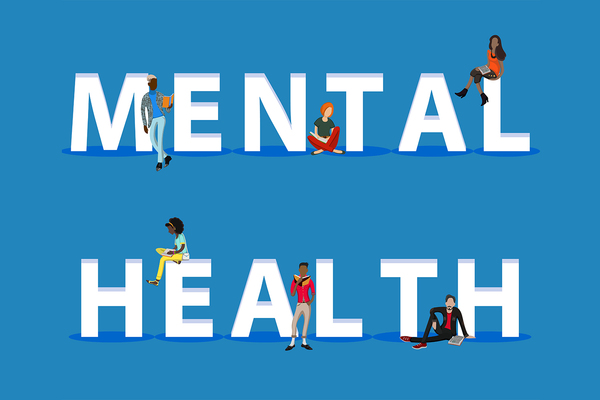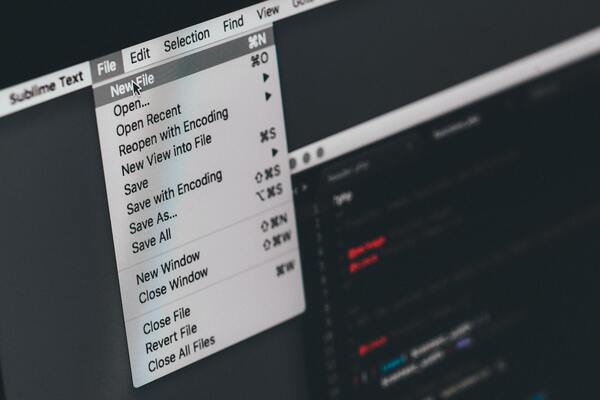Introduction
This page provides useful context, research and resources for members working with students to think and plan about their future beyond university
Context
University Mental Health Charter
The University Mental Health Charter (Hughes and Spanner, 2019) considers students' progression not only into university but from each academic year to the next, from time in a placement back to university, back from breaks in study and to life beyond university.
Indeed, the authors note that there is "significantly less evidence in relation to the mental health and wellbeing of final year students" and those who took part in the Charter consultations highlighted the negative impact of the end of university as students moved, changed occupation, lost their friendship network and experienced financial uncertainty noting it could contribute to "an existential uncertainty and loss of identity and structure" (p.30).
Research by Student Minds with graduates suggests that: "getting the transition into the workplace place right improves subsequent mental wellbeing and reduces subsequent stress" (Reino and Byrom, 2017).
The University Mental Health Charter (2019)
Graduate Mental Wellbeing in the Workplace (2017)
Disabled Students' Commission: The Disabled Student Commitment
The purpose of the Disabled Student Commitment is to secure an enhanced and improved experience for disabled students within Higher Education (HE).
The Disabled Students’ Commission (DSC) calls upon HE providers, Government, funders, agencies, regulators and professional, statutory and regulatory bodies to adopt and promote the Commitment.
Transition from study into employment is also included in the Commitment, Section 6 (p.12) - Moving forward - where it is recommended HE providers ensure that "Disability specific support in preparation for employment and the recruitment process is provided" and the Department for Work and Pensions works with HE providers to support the roll out of the "disability passport scheme into employment" and "promotes better understanding among students and higher education careers advisers of the available funding for reasonable adjustments in employment and promote Access to Work to disabled students".
Research
What Happens Next in Challenging Times? is the latest edition of the longstanding What Happens Next? series from the AGCAS Disability Task Group.
It analyses 2020 and 2021 Graduate Outcomes data to show the impact of the pandemic on disabled graduates.
Key findings from the report include:
- The majority of disabled graduates at all qualification levels reported full-time employment levels that were at least five percentage points lower than those seen for graduates with no known disability (2019/20 and 2020/21)
- Autistic graduates from first degree and postgraduate taught courses experienced lower full-time employment, higher part-time employment, and higher unemployment than any other group
- Autistic graduates and graduates with mental health conditions were amongst the groups least likely to report taking a job because it fitted into their career plan, following their first degree.
Resources
A Student Adjustments Planner is available from the Department for Work and Pensions on the gov.uk website (published in 2023).
It can be used to support students as they progress in higher education, take up work during term time or move into employment by supporting an Access to Work application for extra support.
The Planner is designed to be used like a reflection workbook, allowing space for students to fill out the needs they have and the adjustments that would help.
Sections include types of support, for example:
- travel to work
- access to work premises
- communication support
- specialist IT
- specialist equipment and coping at work
- adaptations to existing equipment
- support whilst at work.
It also includes information about Disabled Students' Allowance and Access to Work.
Adjustments Planner in a range of accessible formats
Here is a useful summary from Royal Holloway Students' Union:
Student Adjustment Planner Explainer from RHSU
Employability Skills for Autistic Students and Graduates is a short employability course made with and for autistic people.
This course is aimed at autistic university students or graduates interested in developing their employability skills. It offers a broad introduction to a range of important considerations as autistic students begin to look for employment.
The videos and activities in this course have all been developed and produced by a team of experts, including autistic graduates, autistic workplace mentors, non-autistic university careers consultants, and non-autistic researchers.
Image by Stanley Morales at Pexels.









